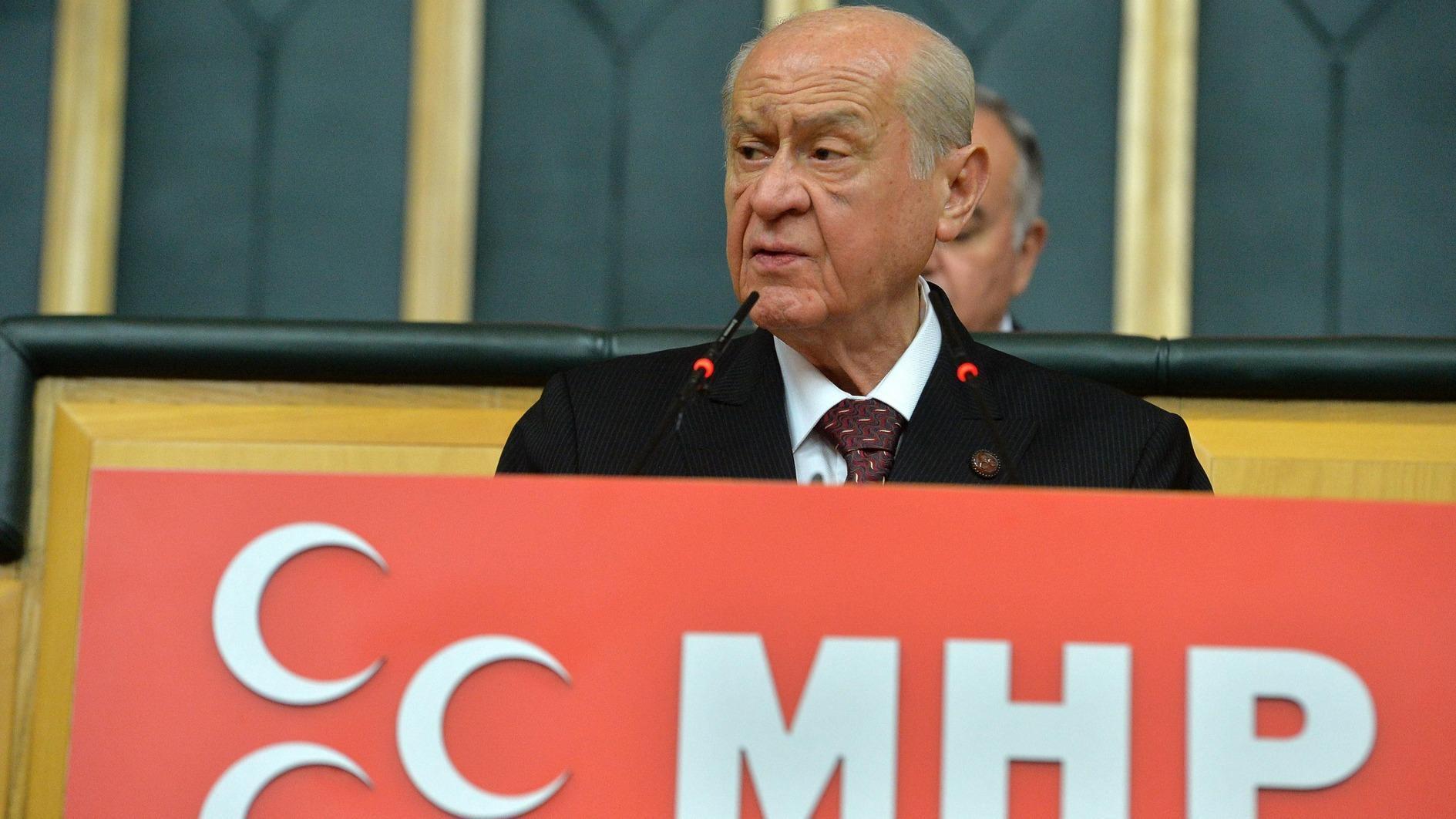How does the gov’t suspend civil servants over Gülenist links?
How the government decides which public servants should be suspended or sacked over suspected Gülenist links is now a frequently asked question both inside and outside of Turkey.
The latest official figure as announced by Prime Minister Binali Yıldırım on Aug. 13 was 76,597 people suspended from their offices and 4,897 sacked (with some 3,000 being from the military), making a total of 81,494 since the bloody coup attempt of July 15.
Some of them are clear, like those arrested red-handed on July 15 and 16 following clashes with forces loyal to the government.
For example, there should be little doubt about the army captains and their teams who raided our daily Hürriyet and CNN Türk offices that night and were arrested by the police after armed clashes.
The suspensions and firings are done by the government through the Decrees in Force of Law (KHK) due to the power given by the state of emergency declared after the failed coup attempt. The KHK are not subjected to Constitutional Court rulings, so this gives an important flexibility to the government.
The majority, nearly two-thirds, of those suspended are from the Education Ministry. Being the original and main activity field of Gülenists, the ministry was believed to have been dominated by followers of Gülen since the mid-1980s.
Fethullah Gülen, an Islamist preacher living in the U.S. who was once a close ally of President Tayyip Erdoğan, is now the leader of a certain “Fethullahist Terror Organization” (FETÖ) and was behind the coup attempt via his network in the state apparatus, according to the government and indictments.
The police force and the judiciary followed education in second and third.
According to Numan Kurtulmuş, the government spokesman and deputy PM, the mechanism works in two steps.
First the government agencies or departments make an evaluation within themselves; after, all those people who have been making a career in those offices for years.
By the way, there is an acclaimed pattern about how Gülenists work in a government (or private) office (or company): Human resources, legal, inspection units and intelligence departments are favorite nods, since it enables them (or anyone) to enable network members to enter a job, get rid of their rivals, pass inspections and probes and climb up the ranks.
There is also the stolen exam questions problem. For years there were media stories and opposition claims about Gülenists stealing examination questions from military high schools, university exams and public servant tests, which the Justice and Development Party (AK Parti) governments did not pay much attention to, perhaps because they were allies then. But now it has become clear that many of those government positions might actually have been stolen by Gülenists from other people who deserved them. So, according to officials, priorities are there about where to start first.
Some of the names were immediately suspended by the departments themselves, especially those in the lower ranks. Those names having access to degrees of confidential information were sent to the Prime Ministry. In the PM’s office there is a committee chaired by the PM’s undersecretary, the highest bureaucrat in the Turkish system (currently occupied by Fuat Oktay), and assisted by the general director of security affairs (currently Bilal Durdalı).
The ad hoc committee examines the names, looks at their bank accounts for the depth of their financial links with Bank Asya, allegedly the finance branch of the network, whether they send their children to private schools established and run by Gülenists, whether they subscribe to daily Zaman newspaper and Aksiyon magazine, considered Gülenist outlets, and especially whether they are using a modified version of the ByLock application used in communications between the network members, not simple sympathizers. “When necessary the committee could get assistance from other units in the Prime Ministry,” Kurtulmuş said, without making reference to the fact that the National Intelligence Organization (MİT) is under the prime minister by law.
“We have to clear the state apparatus from this criminal group” Kurtulmuş said. “It is possible that we make mistakes in such a large scale operation. We try to be careful and try to make sure that, if the person is cleared of suspect or charges, (s)he will not suffer.”
A colleague asked in an Aug. 29 press conference whether there was a guarantee that another religious or secretive group wouldn’t fill the positions evacuated by Gülenists.
“That is what we aim for,” the government spokesman said. “We have to upgrade our democracy and transparency and provide equal opportunity to every citizen in public jobs. It may take some time.”











